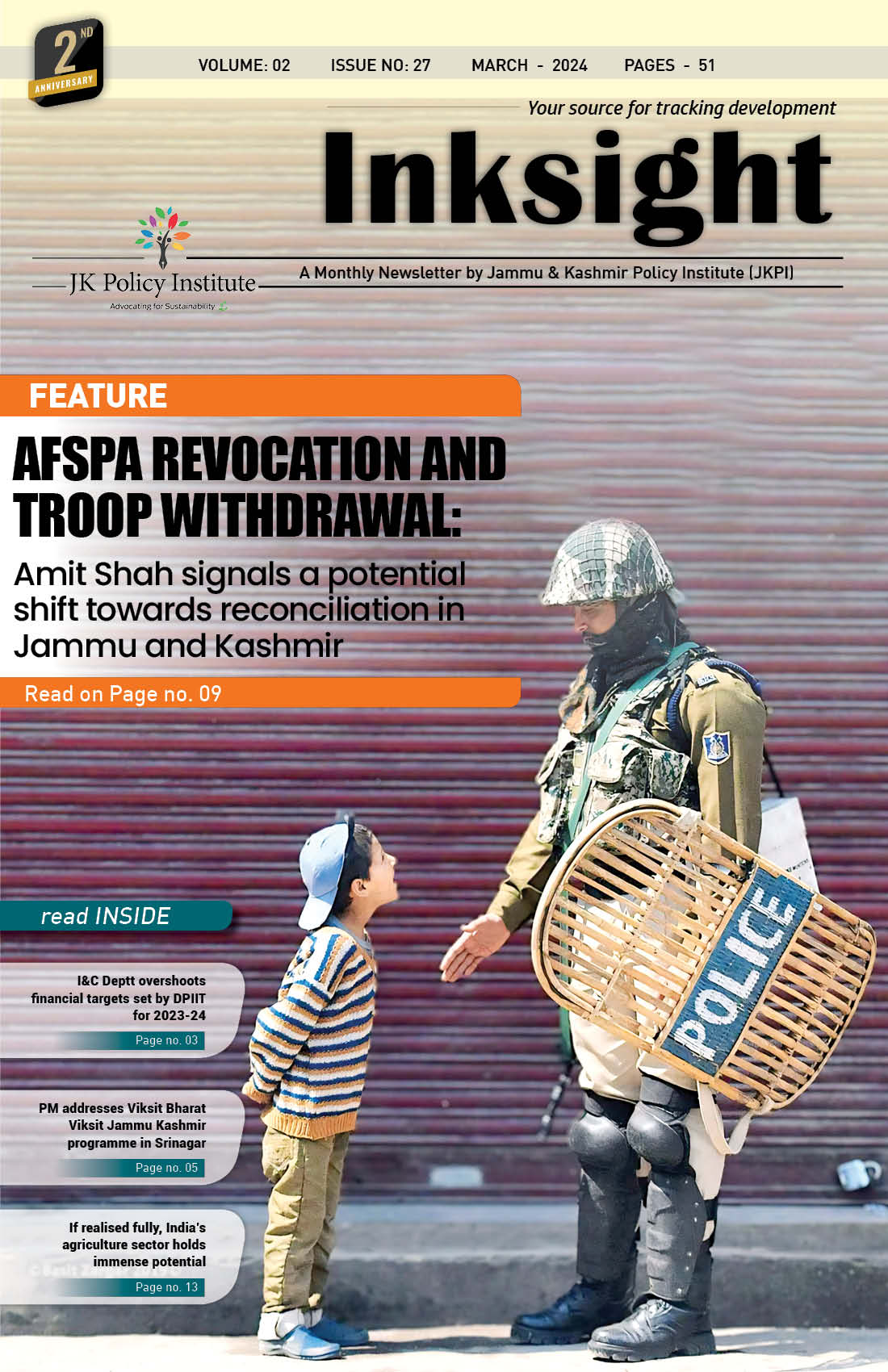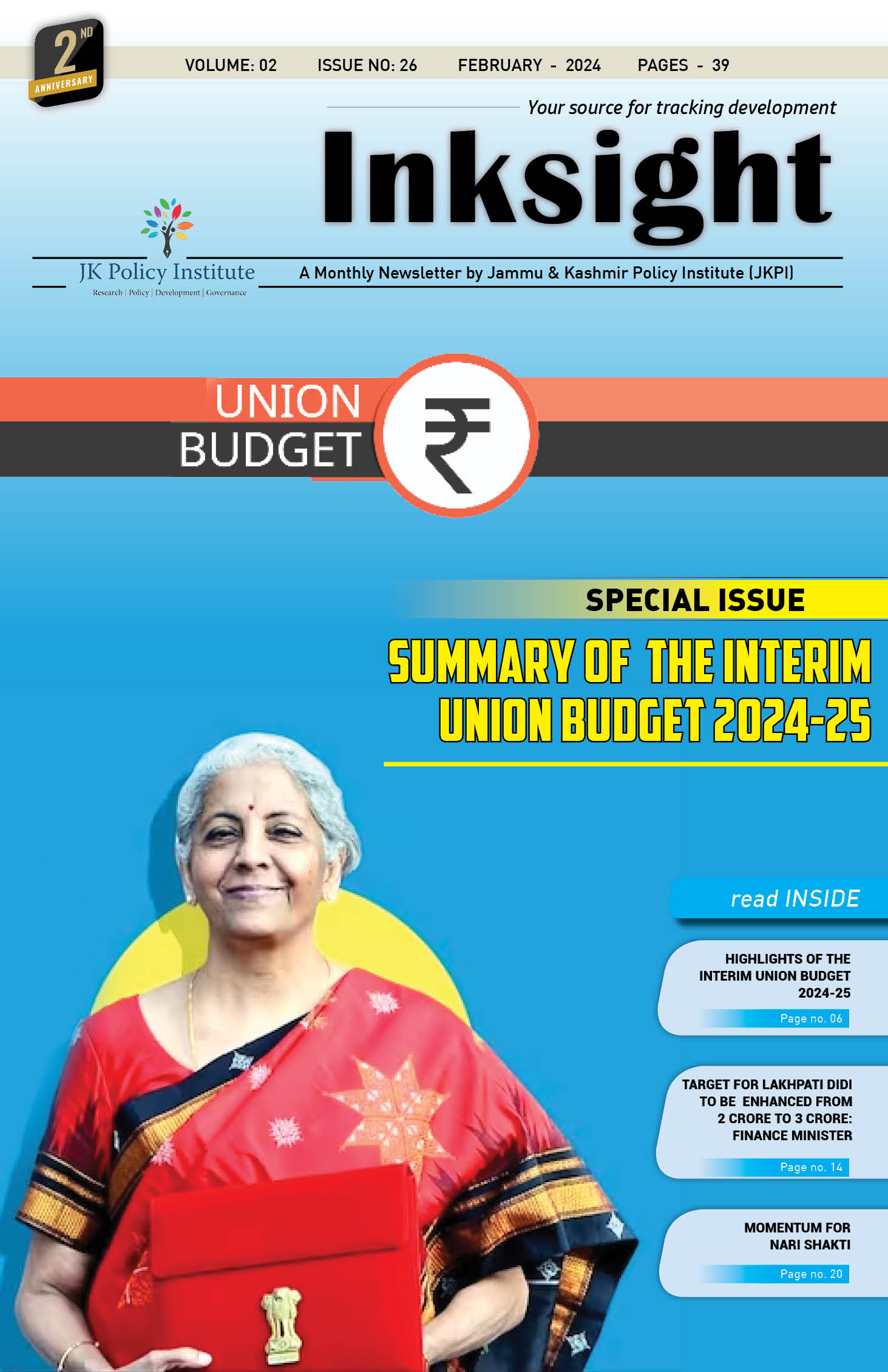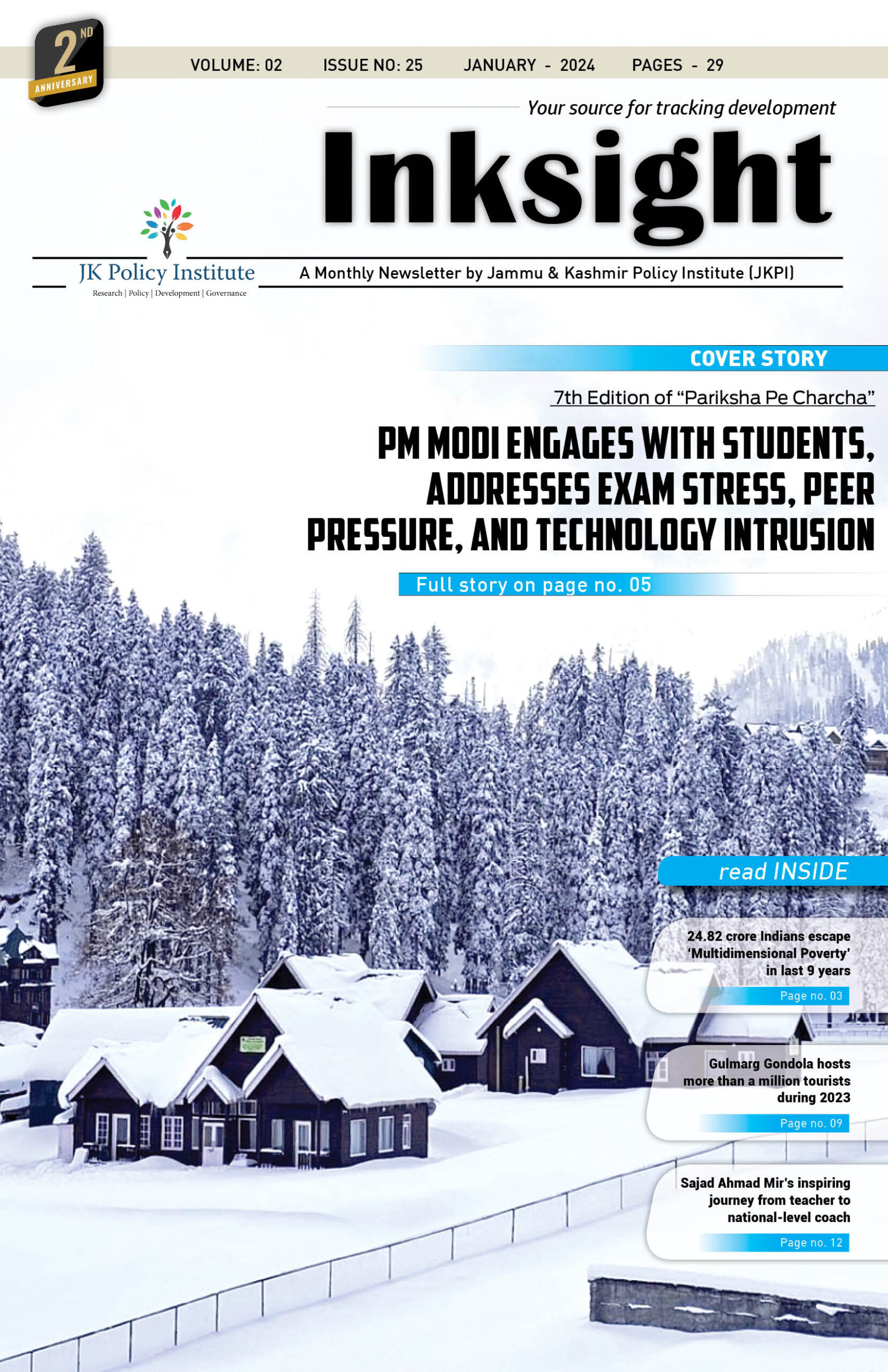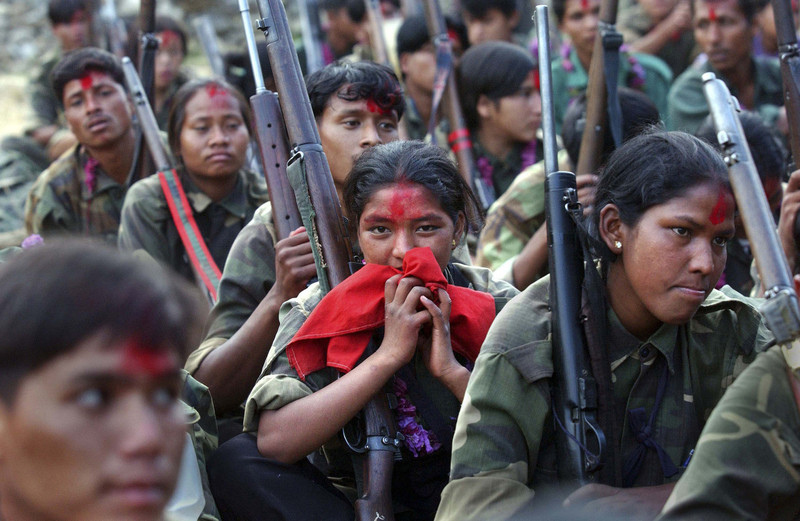During the People’s War in Nepal (1996-2006), many women joined the Maoist guerilla group, People’s Liberation Army (PLA), for varied reasons but majorly for women’s empowerment. Once the war was over, and the peace accord was signed in 2006, they started looking for an alternative from the Maoist group to (re) start their civilian life. Unfortunately, the State did not enroll everyone in their National Army, and many women were left behind to opt for civilian/mainstream life.
This article looks into the experiences of women ex-combatants and their life after the war in Nepal under the state and society that momentarily make rules that deepen the gender divide.
Quest for liberation
The life of Nepalese Women was affected in various ways due to the people’s war. The conflict that accelerated during the 1990s between the Maoist group (CPN-M) and the Nepal Government ended with the proposed Comprehensive Peace Accord (women were not a part of the peace accord-making process). “CPN Maoist party declared people’s war in 1996 because of the height of corruption, cronyism in public services and the larger aim of abolishing the monarchy and establishing a people’s republic.” CPN was actively promoting the importance of women’s liberation and empowerment which became one reason why 30-40% of the Maoist group consisted of women.
Resurgence of archaic laws
Under new proposals by the department of immigration, any Nepali woman under the age of 40 will soon need the permission of her family and her local government ward office – among other requirements – before she can travel abroad alone. The proposals have been sent to the home ministry for approval and could come into force soon (Human Rights Watch). It is not the first time that the Government of Nepal has come up with such rules; they banned women under 30 from working in Persian Gulf Nations amid increasing concerns over abuse and exploitation (2012). However, this proposal was introduced when women were still readjusting to the new lifestyle, and many were looking for employment opportunities abroad. This bill restricted them from getting the life that they couldn’t find in their own country.
Why did women participate and joined the Maoist party and become combatants?
The Maoist party promoted gender empowerment and promised to bring peace, equity and empowerment once the monarchy is overthrown and Nepal becomes a republic. As a result, many women joined the party; some joined due to increased police, and state atrocities on them for supporting and participating in the anti-state protest during the 1990s.
Women Guerillas who joined the Maoist resurgence against the State were at the beginning seen as crusaders of women empowerment and the ones who can change the patriarchal society, but how post-war their lives became much more complex and discriminatory, which was caused by the community.
Current situation of women ex-combatants
Even after the progression and inclusion of United Nations Security Council Resolution 1325 (UNSCF 1325), women’s participation in local and national politics and decision-making is limited as their role as political agents is still not fully recognized (Avoine, P. A., 2021). These groups’ limited political participation and representation have affected and domesticated the marginalization and prejudices regarding them, such as the women combatants in Nepal. “Female combatants since the end of the conflict have seen disempowerment and marginalization.” They had to face discrimination because they were a part of the Maoist group that put them under society’s divisiveness and alienated them from the general masses. Women guerillas also had to face stigma because they defied the normalized notion of how a woman should be.
Society did not accept them when these women tried to come back to day-to-day civilian life. They got segregated and alienated from society; this segregation made it more challenging for them to readjust to civilian life. An ex-combatant while reflecting upon the post-war situation of women in Nepal mentioned – “When women came out of their homes to join the revolution, they came for freedom. What do we say when we go back? We have no economic means; the gender inequalities and oppression remain the same.” (See: Goswami, 2015).
The struggles and the life of women ex-combatants turned out differently than one would have imagined them to be in the post-war. They were perceived as ‘monstrous’ which can be explored in Michel Foucault’s concept of the genealogy of the abnormal individual (Foucault’s lectures on Abnormal at the College de France, 1974-1975). If one does something against the prescribed social norms and nature of things, then that becomes monstrous. Giving it a name like that creates fear about a particular thing or person in the minds of the masses. One needs to be ‘normal’ to be accepted, and that can be done by following the prescribed notions that each social gender group is supposed to follow.
“The post-conflict setting reproduces the discrimination in a different form for these women who were fighting against it.”
Many had to look for employment opportunities while performing their nurturing and caring duties and dealing with the stigma. Their struggle with how hard it would have been to readjust to the new environment, women who used to train like armed soldiers were now supposed to come to motherhood and leave behind the soldier life. Even in the Maoist group, which promoted women’s liberation and empowerment, women were not given equal positions as their male counterparts. They did the same training and got the same assignments but were still below a male soldier. “Maoist women ex-combatants have encountered an extreme transition back into the highly patriarchal social structures that they had imagined to be changed.” (K.C.2011; K.C., Van Der Haar, and Hilhorst2017).
Gender framework in policymaking
A gender-neutral administration is required to eradicate gender-based discrimination that women face in political, social, economic, and educational aspects of their lives. Women ex-combatants deal with stigmatization because they were part of a resilient armed group and discerned it as something women should never delve into. The traditional marginalization of Women from public and political life is evident in South Asia. The State’s lack of response to that or to improve the situation is quite apparent in most of the region.
The Government of Nepal should be required to promptly resolve the crisis of ex-combatants (women) struggling in “readjusting to civilian life” and implement measures to enhance gender equality. A common framework for Gender Equality & Social Inclusion (International Developed Partners Group, Nepal, 2017) is developed to help build a common understanding between Development Partners (DPs) regarding gender equality and social inclusion, the approaches, tools, and methods mentioned in this report, taking out the best practices and taking more effective measures towards the inclusion of marginalized and discriminated groups from the rest of the society would be helpful in actually achieving the GESI.
As suggested by Roshmi Goswami in the UN Women Case Study of the Maoist women in Nepal, 2015, “To avoid perpetuating the same pre-war conditions and situation, and to work towards a peace that is sustainable, it is critical that consultations are held with the women ex-combatants to identify the skills they want to acquire, rather than just offering skills that reinforce gender stereotypes.”
Furthermore, collective efforts are required to bring the best interests of Nepal and its people a constitution that is “enshrined by common ownership” and includes meaningful participation and representation by each citizen.
References:
-
Avoine, P. A. (2021). Disembodying Combat: Female Combatants’ Political Reintegration in Nepal and Colombia.
-
Bogati, S. (2015). Assessing Inclusivity in the Post-War Army Integration Process in Nepal. ips paper, 11.
-
Goswami, R. (2015). UNSCR 1325 and Female Ex-Combatants-Case Study of the Maoist Women of Nepal. UN Women, October.
-
Gul, N. (2007). Women in conflict zones: A case study of Nepal. Pakistan Horizon, 60(4), 69-79.
-
KC, L., & Van Der Haar, G. (2019). Living Maoist gender ideology: experiences of women ex-combatants in Nepal. International Feminist Journal of Politics, 21(3), 434-453.
-
Pathak, B. (2005). Politics of people’s war and human rights in Nepal. Kathmandu: Bimipa Publications.
-
Women, peace, and security – a study submitted by the secretary-general pursuant to Security Council resolution 1325 (2000).





Leave a Reply
You must belogged in to post a comment.